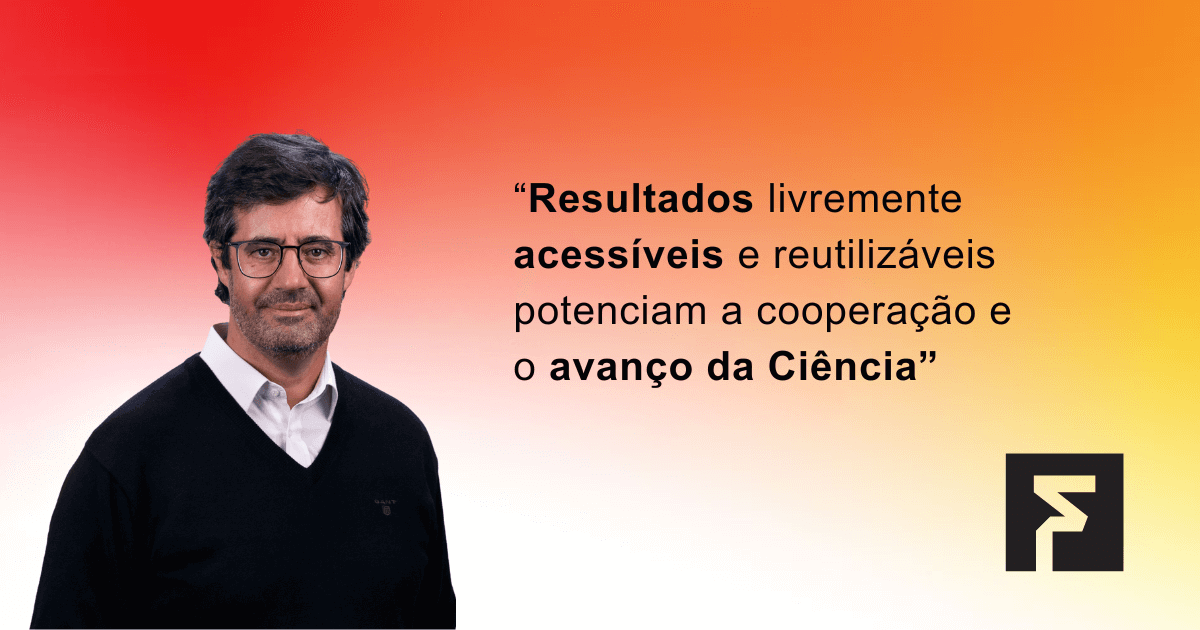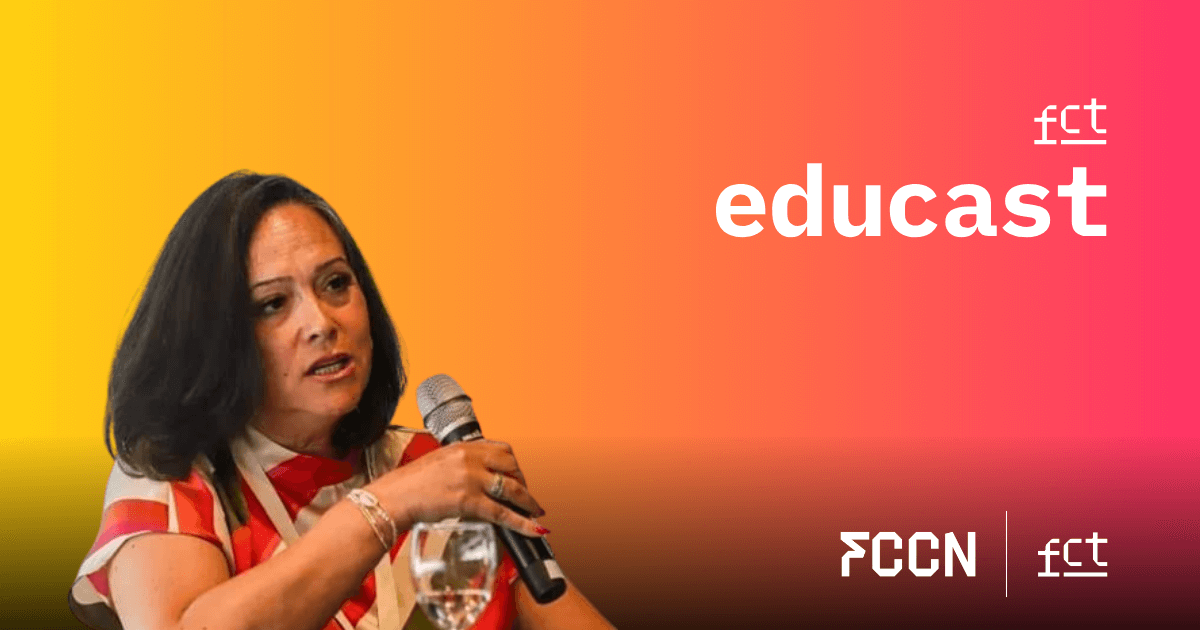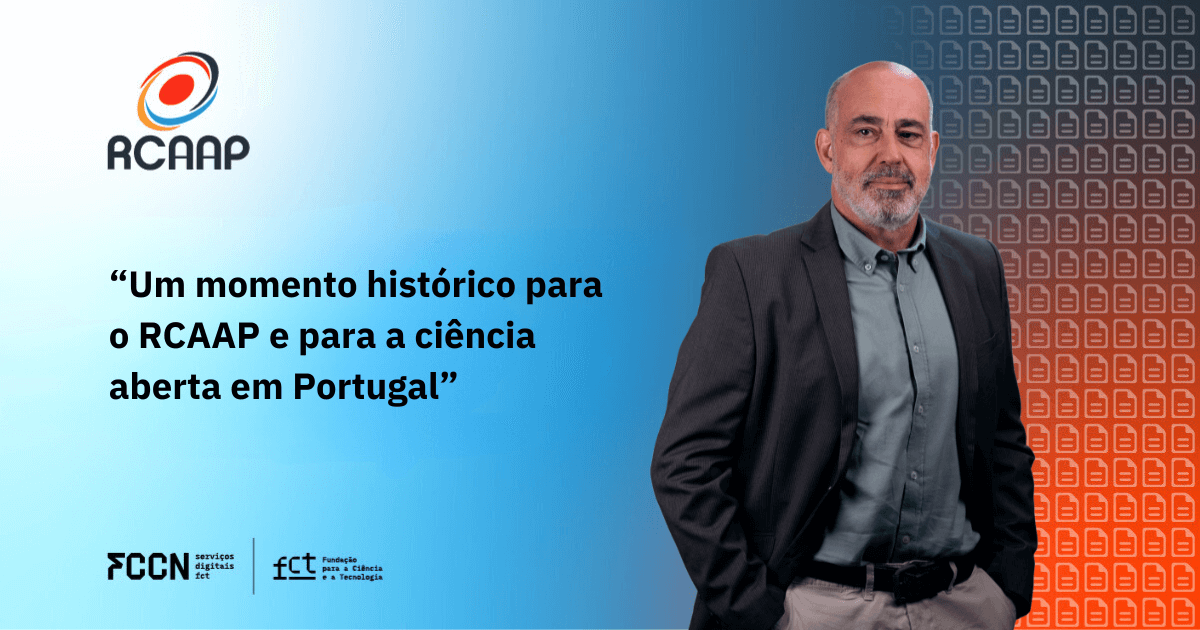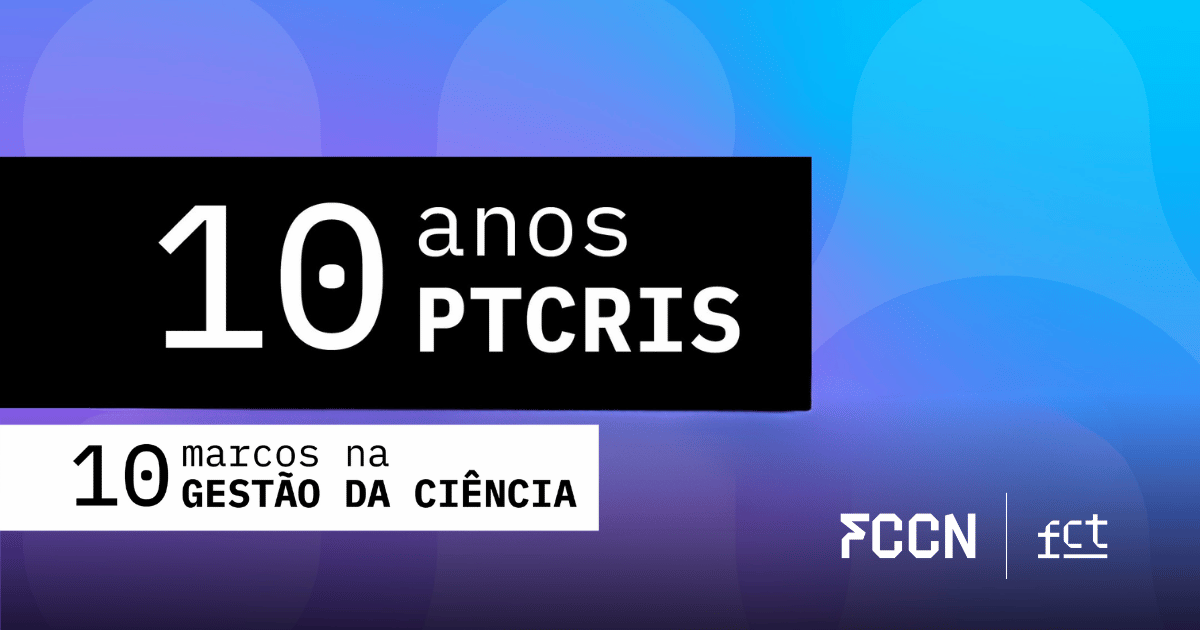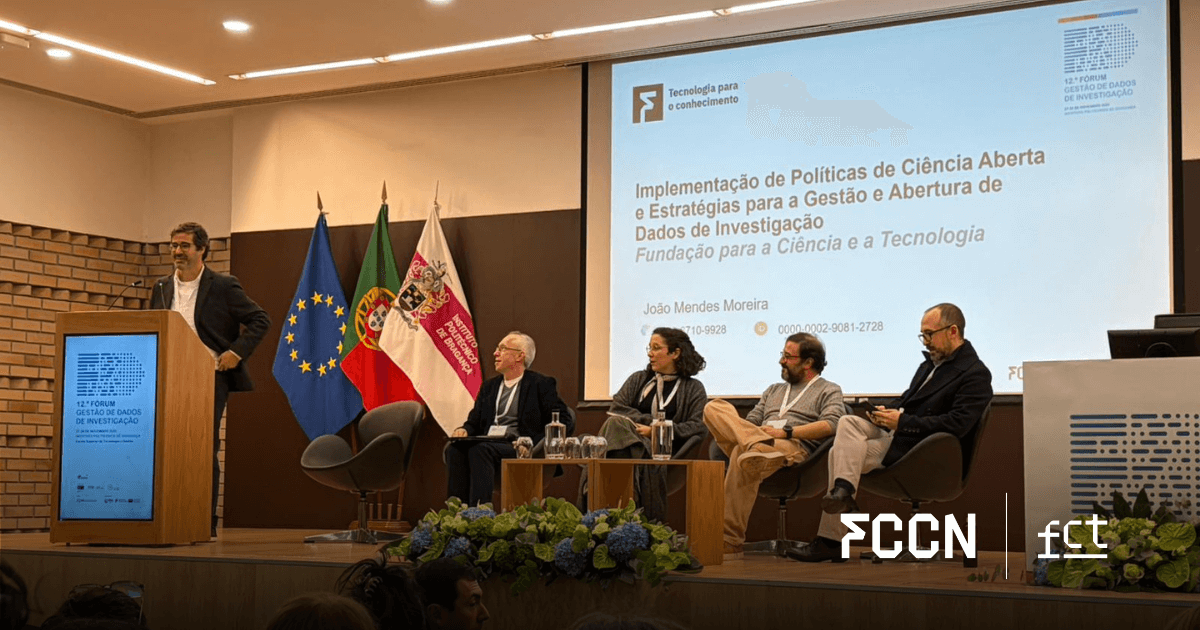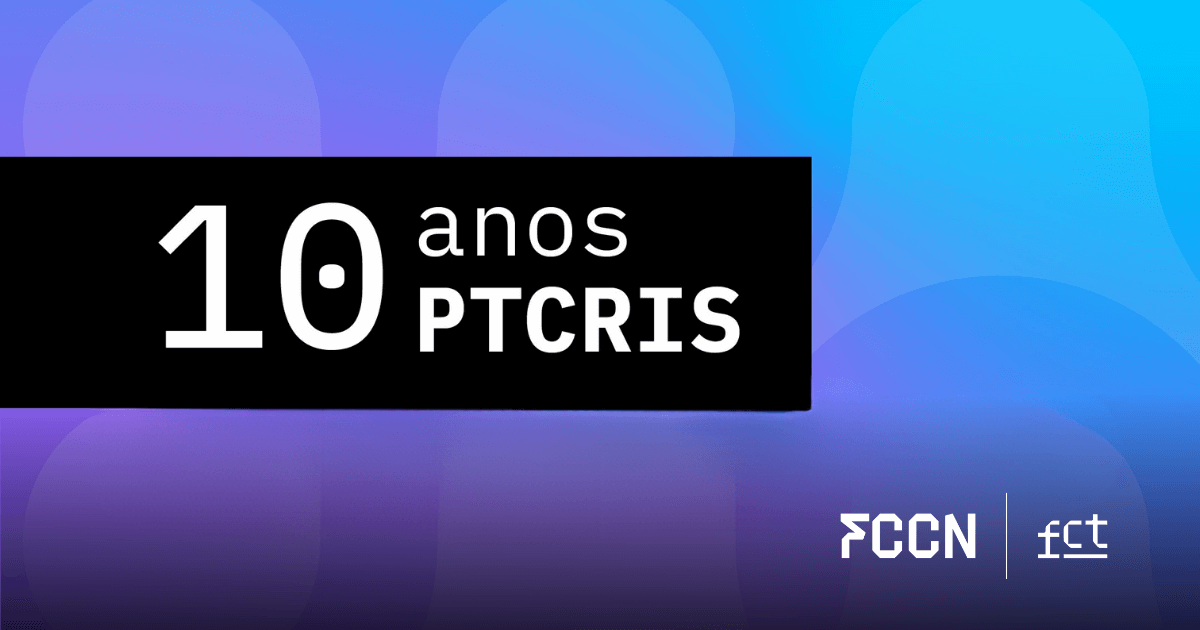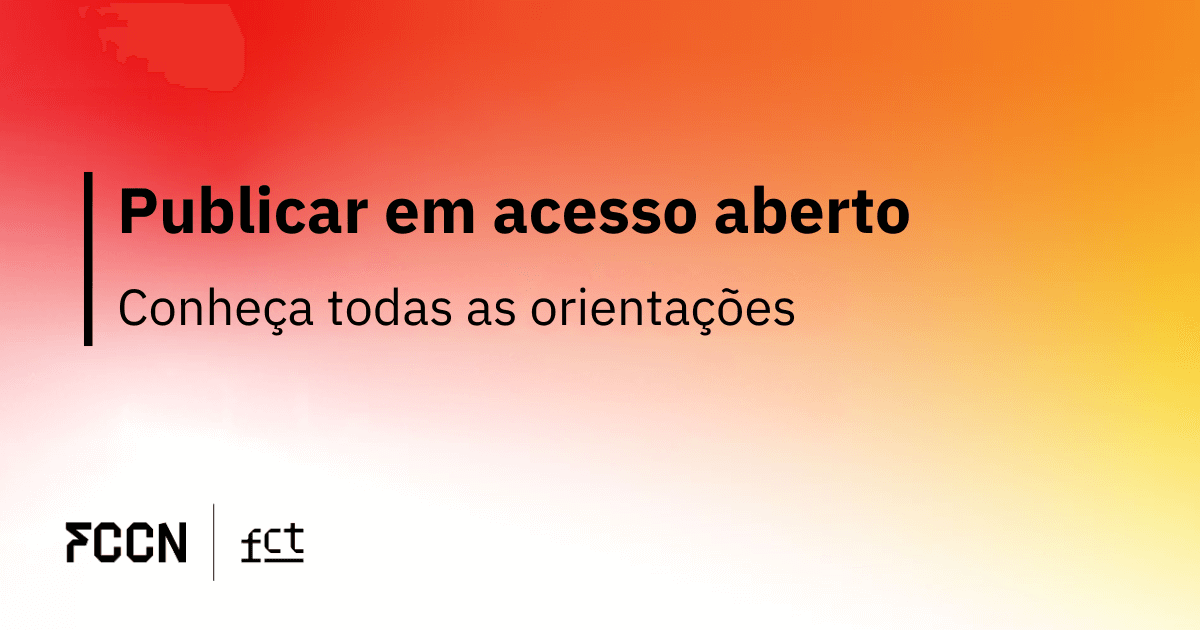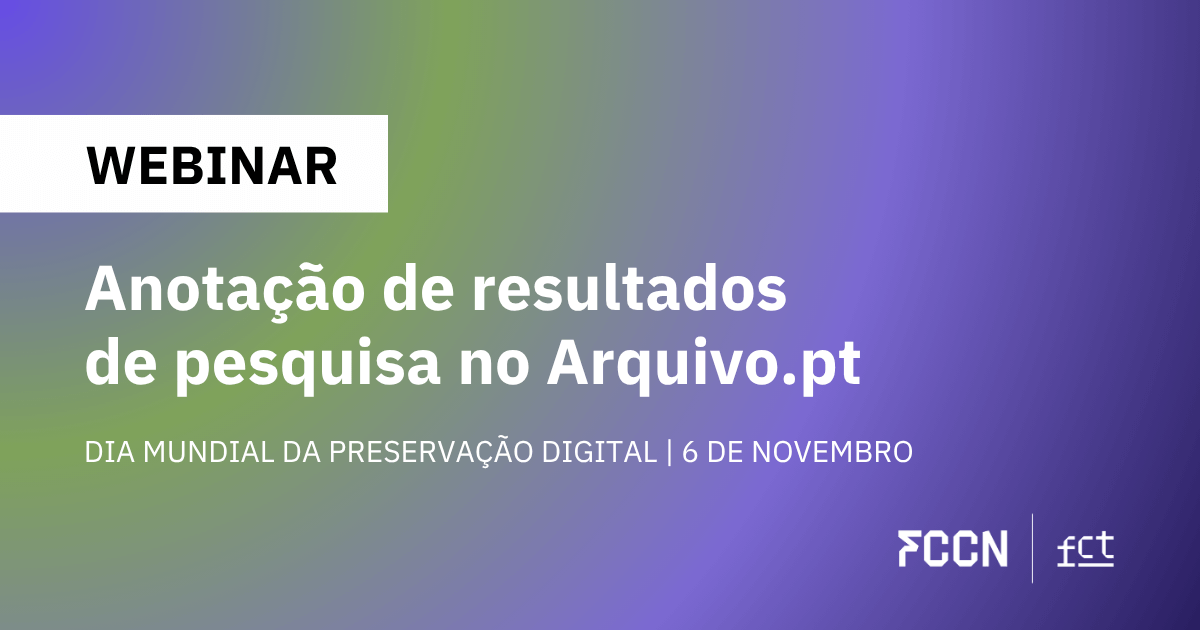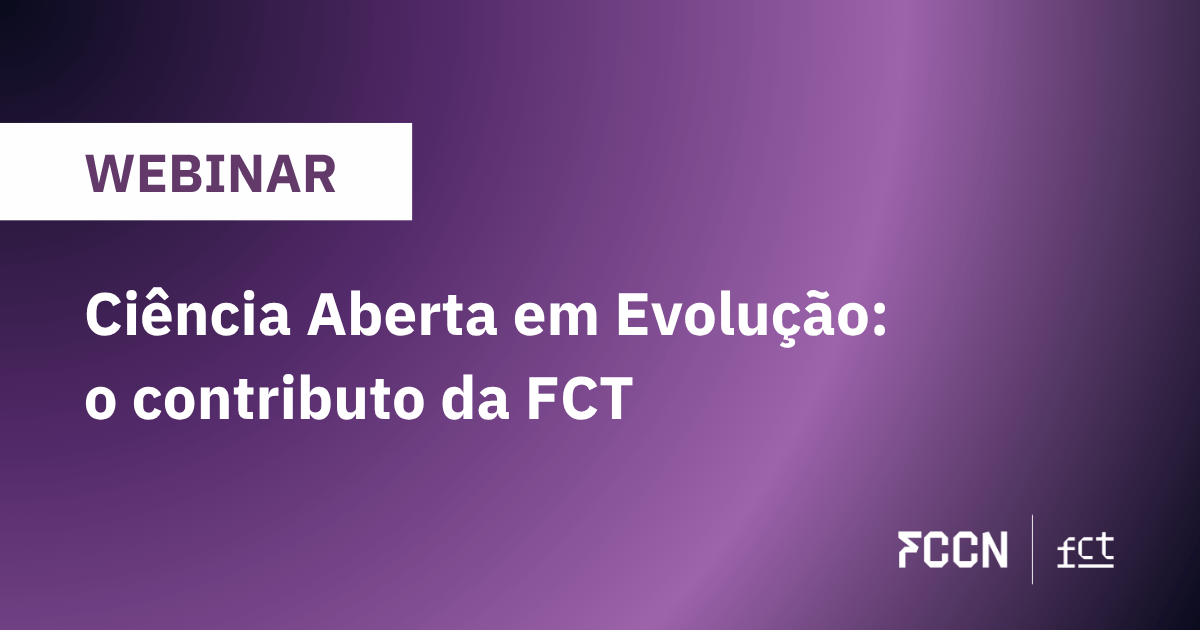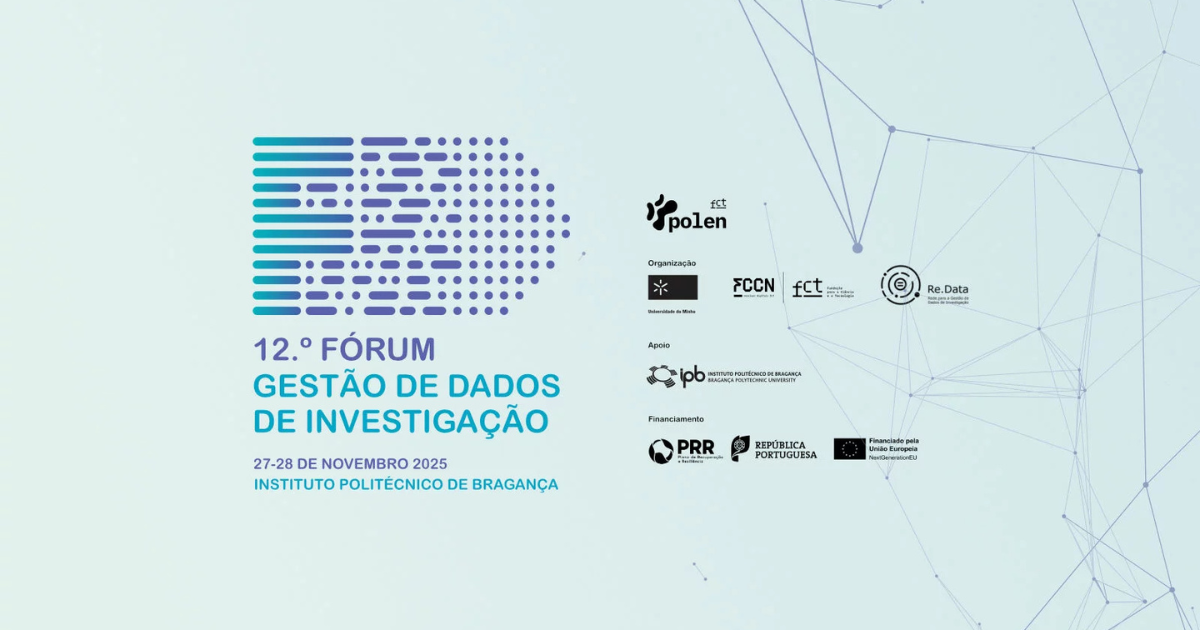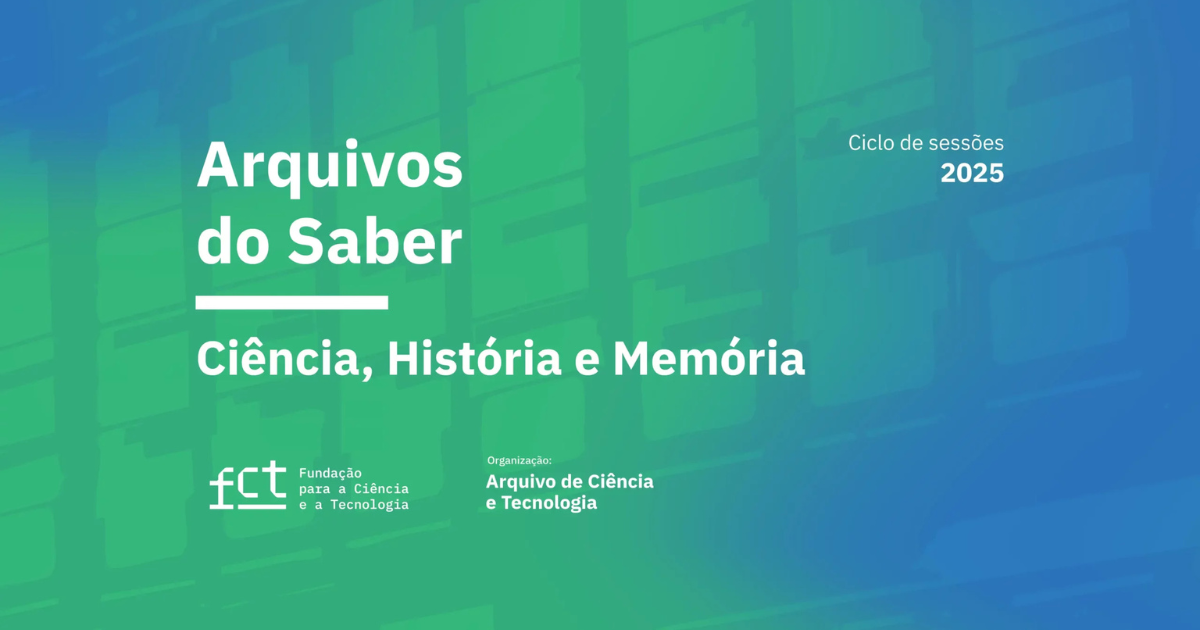THE NAU Platform and the digital service of the Foundation for Science and Technology – FCT, developed through the FCCN and co-financed by the PRR, dedicated to online training.
Over its nearly 6 years of activity, this platform has been promoting literacy among the Portuguese population. On this World Literacy Day, learn more about this work and discover NAU's impact.
NAU's impact in numbers
The word literacy is present in one of the NAU’s founding objectives – “Stimulating digital literacy”. In addition to this dimension, other types of literacy have been worked on by this FCCN service, FCT's digital services, such as environmental literacy (with training that focuses on mobilization for sustainable projects, for example) or media literacy (with courses that train people to identify online misinformation), not to mention financial literacy.
But how massive is this in fact the NAU's performance? Usage metrics provide the answer. Since 2019, there have been over 885,000 enrollments in NAU training, with a total of 228 courses offered by 62 partner organizations.
In total, there are more than 323,000 people registered on the platform, which reveals its impact on promoting literacy in Portugal.
Promote literacy among the population
Several NAU courses – promoted by entities such as the National Cybersecurity Center (CNCS) or MetaRed Portugal – have or have had the objective of to provide the Portuguese population with basic learning and skills in the use of digital tools, through the sharing of basic cybersecurity or privacy principles.
To deepen your digital knowledge, discover the Cyber-Informed Citizen course.
Another of the literacies worked on by NAU concerns environmental literacy. Thanks to courses run by entities such as the Common House of Humanity or Portuguese higher education institutions, thousands of citizens have been able to improve their understanding of phenomena related to the climate crisis, knowing the best ways to mobilize a response that prioritizes the concept of sustainability.
If you want to be an environmentally responsible citizen, sign up for the ReCiBosk course – From Disposable to Sustainable.
In a context marked by growing online misinformation, the need to safeguard safe information consumption is also growing. In this regard, organizations such as the Professional Training Protocol Center for Journalists (CENJOR) and initiatives such as the INCoDe.2030 program have developed courses that address media literacy, equipping the population with the skills to identify fake news and information online.
Other examples could be provided, such as NAU training that addresses topics such as health literacy, financial literacy, or democratic literacy. What these courses have in common is their desire to provide the Portuguese population with relevant qualifications that will make a difference in their lives.
Visit the FCCN website and discover the ideal open, online, and massive course for your interests and profile. Learn more at https://www.nau.edu.pt


